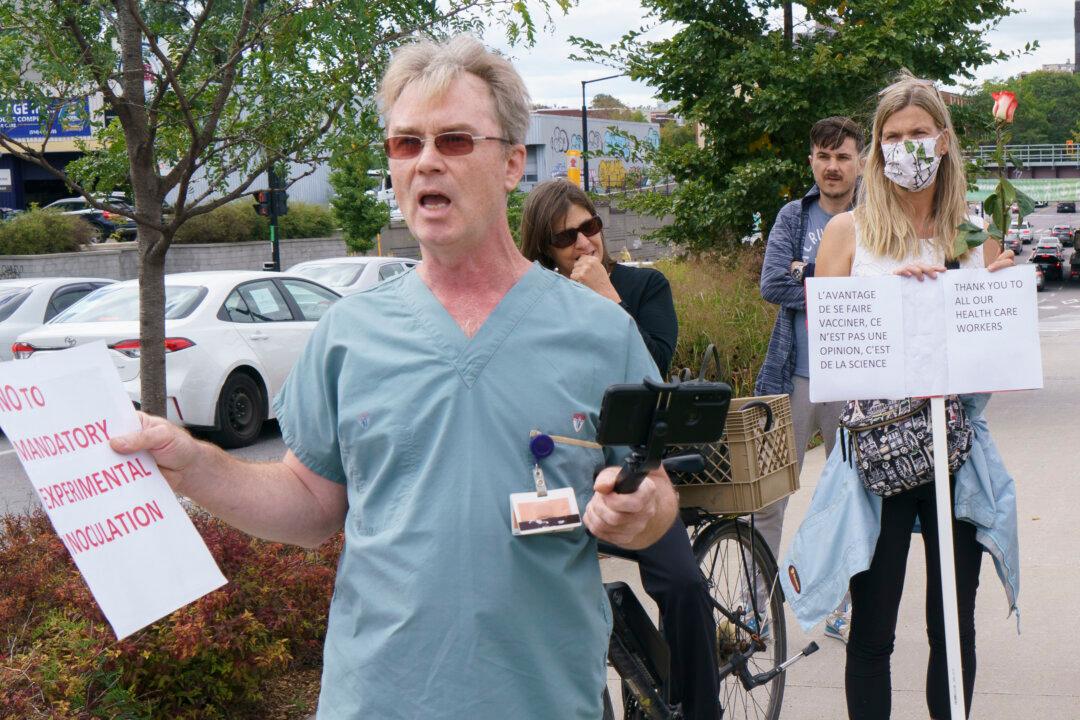When Quebec Health Minister Christian Dube announced a one-month extension to the Oct. 15 deadline imposed on the province’s health-care workers to be fully vaccinated against COVID-19, he cited the risk of an urgent staffing shortage if the ministry maintained its original mandate. With several other provinces having set deadlines of their own, Canadians are watching to see whether similar extensions will be added.
British Columbia has mandated its health-care workers to be fully vaccinated by Oct. 26. In Alberta, Oct. 31. New Brunswick has set Nov. 19, the Yukon and Nova Scotia Nov. 30, and Newfoundland and Labrador Dec. 17. Saskatchewan and Manitoba have also created mandates, but have added testing options for staff unwilling to be vaccinated.





